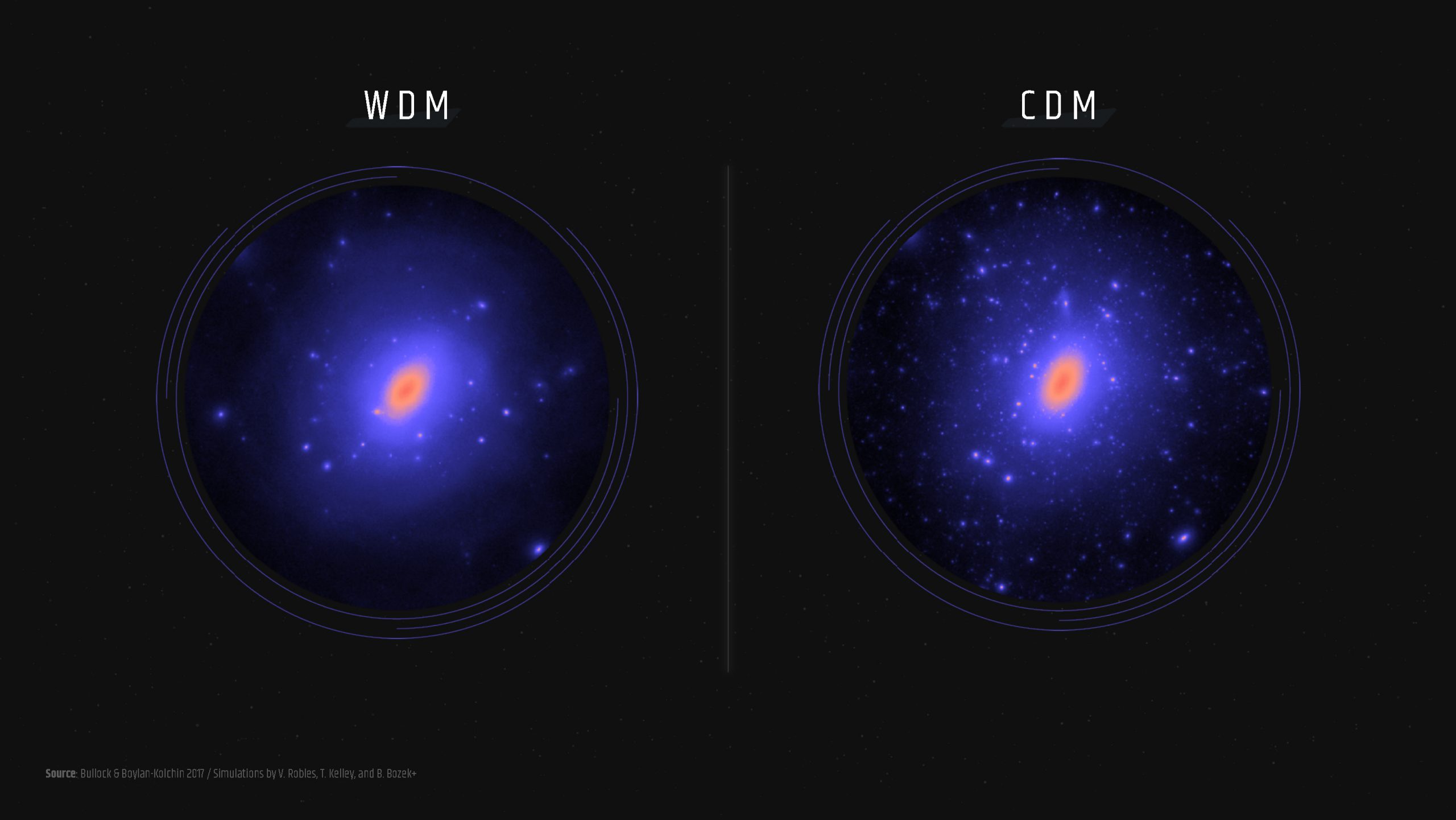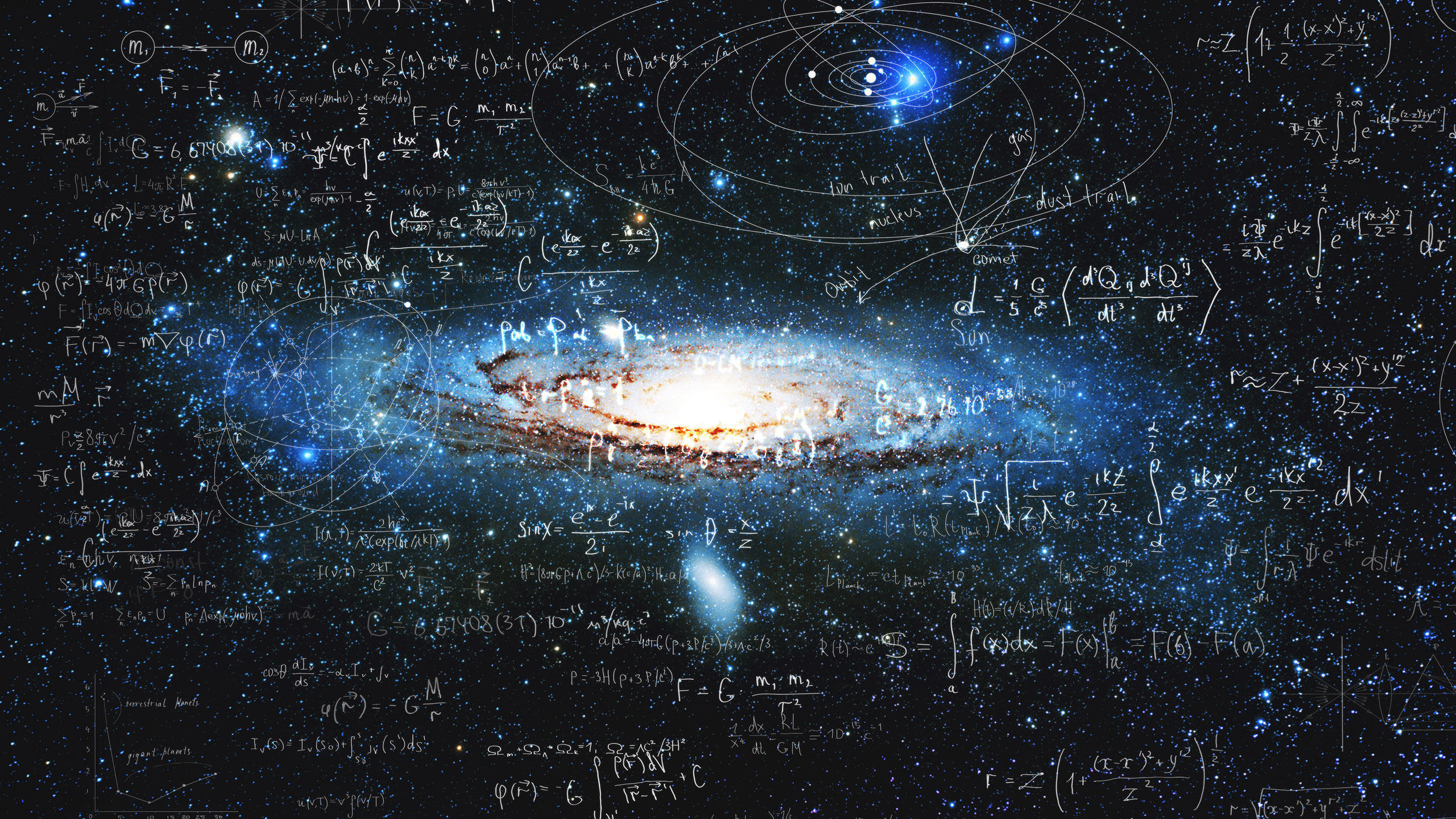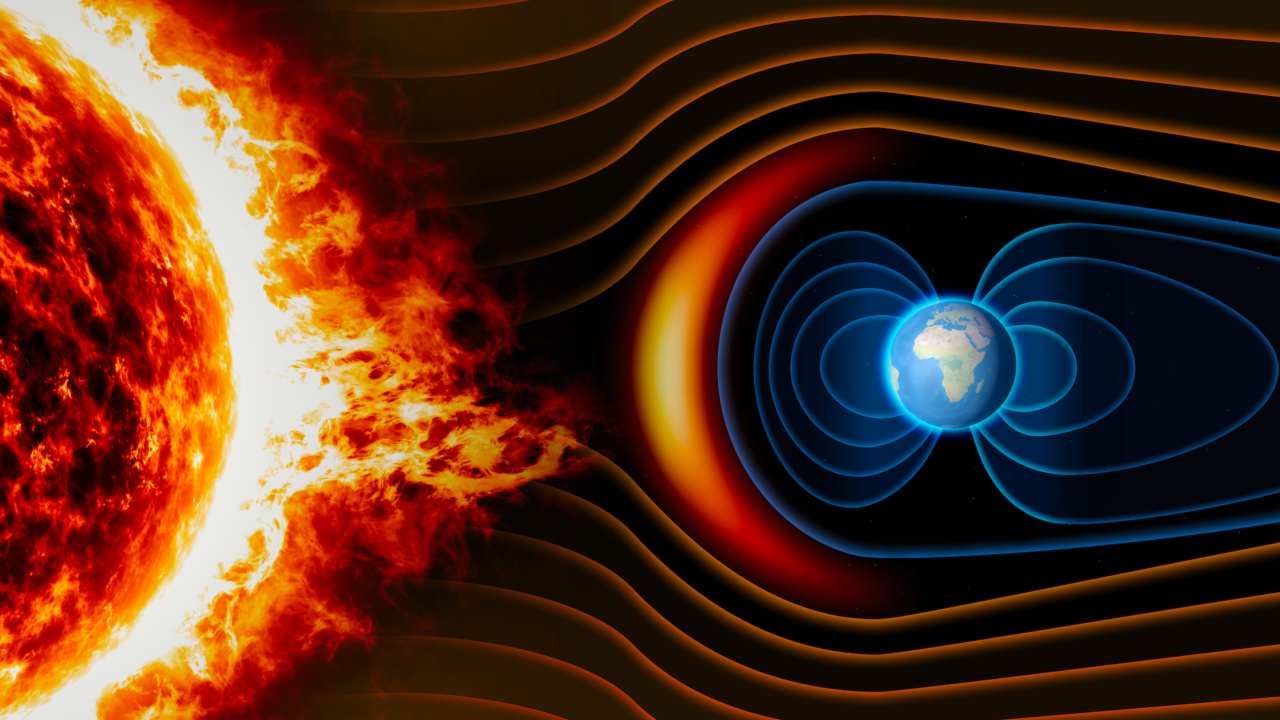Dark energy is a mysterious force that is causing the universe to expand at an accelerating rate. It makes up about 68% of the total energy content of the universe.
Evidence for Dark Energy
- Cosmic Microwave Background Radiation: The fluctuations in the cosmic microwave background radiation suggest that the universe is expanding at an accelerating rate.
- Supernova Observations: Measurements of distant supernovae have shown that the rate of expansion of the universe is increasing over time.
Properties of Dark Energy
- Negative Pressure: Dark energy has negative pressure, which causes it to exert a repulsive force on the universe.
- Constant Density: The density of dark energy remains constant as the universe expands.
- Mysterious Nature: The exact nature of dark energy is unknown. It is often described as a cosmological constant, but other possibilities exist.
Implications of Dark Energy
- Fate of the Universe: Dark energy could lead to the universe expanding forever, eventually becoming cold and dark.
- Understanding the Universe: Understanding the nature of dark energy is essential for a complete understanding of the universe.
Challenges of Studying Dark Energy
- Direct Detection: Dark energy is difficult to detect directly, as it does not interact with matter in the same way that normal matter does.
- Theoretical Challenges: Explaining the nature of dark energy is a major theoretical challenge in physics.
Dark energy is one of the biggest mysteries in modern cosmology. It is a subject of intense research, and its discovery has fundamentally changed our understanding of the universe.
Would you like to learn more about a specific aspect of dark energy, such as its implications for the fate of the universe or the challenges of studying it?



